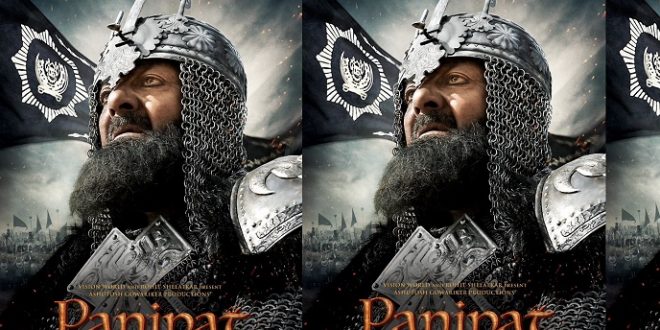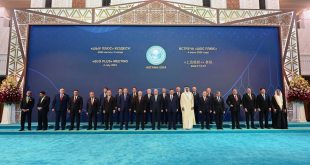A new Indian movie on the founder of the modern state of Afghanistan, Ahmad Shah Abdali Baba, focused on his third battle of Panipat has sparked concerns among Afghans. They are roiled as they view the film as an insult to the former heroic King because he is shown as a villain in the movie. The Panipat movie – the trailer of which has been recently released – supposedly depicts the battle of the same name that took place in 1761 between the Marathi Empire and Afghanistan. The battle of Panipat was won by Ahmad Shah Abdali wherein more than 50,000 Indian soldiers were killed; however, it is reported that the film shows the Marathas winning the historic war. The reason the trailer has come under fire is that the Bollywood films have established bad precedents of misrepresenting historical figures and traditions – e.g. the likes of Padmaavat – and such distortions have led to stirring controversies in the past. With Afghans’ concern of the movie being an affront to the dignity of Ahmad Shah Baba is well-reasoned – because after all, he is the hero of Afghans – these criticisms are premature considering the responses of the films’ cast who rejected any apprehensions regarding putting the Battle of Panipat out of proper historical perspective.
Moreover, senior Bollywood actor Sanjay Dutt, who stars as Ahmad Shah Baba, has himself reportedly said that he wouldn’t have played the role if it had been bad – in spite of the fact that he tweeted: “Ahmad Shah Abdali – Death strikes where his shadow falls.” Besides, the movie also features an Afghan actor from Paktika province, Babrak Akbari, who plays the role of a loyal guard of Sanjay Dutt (Abdali Baba). He has said the movie was based on real history. “If it contained anything against Afghanistan, I would have never worked in it.” The filmmakers and director of the movie have also assured Afghan envoys that it portrays historical facts, and nothing else.
There are apprehensions that in case the film insulted the Afghan hero, it would harm Kabul-Delhi relations – something that can be true to an extent. On the other hand, it’s also a matter of fact that movies made by private companies don’t necessarily mean that they reflect a government’s policy. Moreover, the Indian government wouldn’t, hopefully, do so given the deep-knitted friendly ties and values the two states share. There is no doubt that in today’s world, cultural diffusion and propagation are done through social media and movies and in all fairness to India, it also wants to lionize their empires– perhaps at the expense of understating or insulting others. It’s expected of the country’s establishment to have carried out the required checks and inspection regarding the movie; because otherwise, this sensitive matter would result in damaging Afghans’ perception towards India and hurting the friendly ties between the countries. On the part of Afghans, they should stop wringing hands in worry because there is a famous quote by Nigerian Author, Chinua Achebe, which goes: “Until the lions have their own historians, the history of the hunt will glorify the hunter.” This analogy perfectly fits in the current situation as the Afghan side of the story is barely known while India glamorized theirs; therefore, in order to portray our history in our favor, our filmmaking companies should strive to achieve a status whereby they could make such movies to recount and glorify the heroic stories of Ahmad Shah Abdali.
 Afghanistan Times
Afghanistan Times




